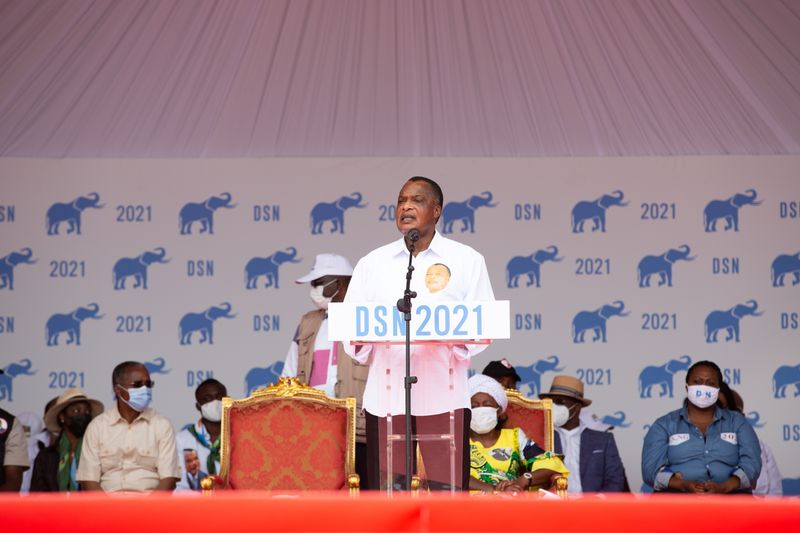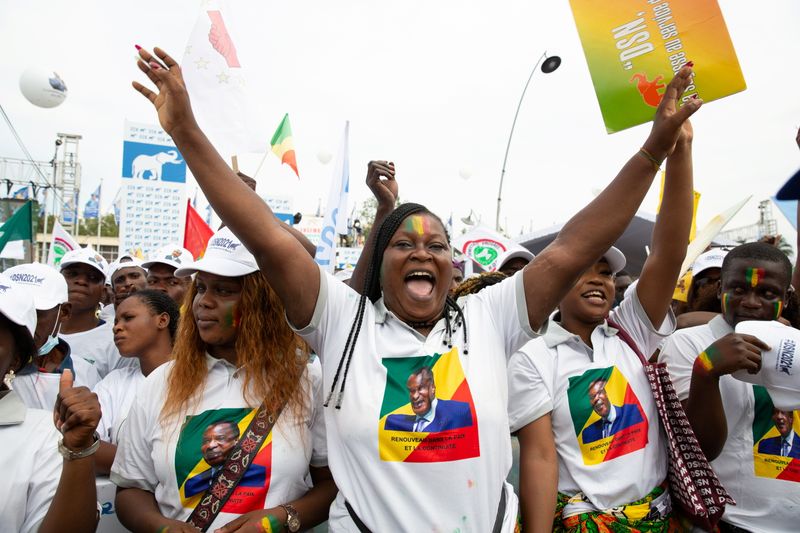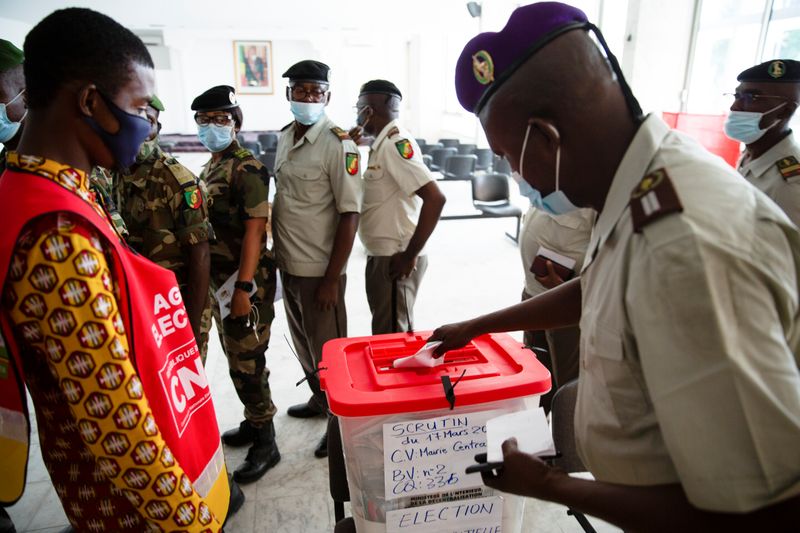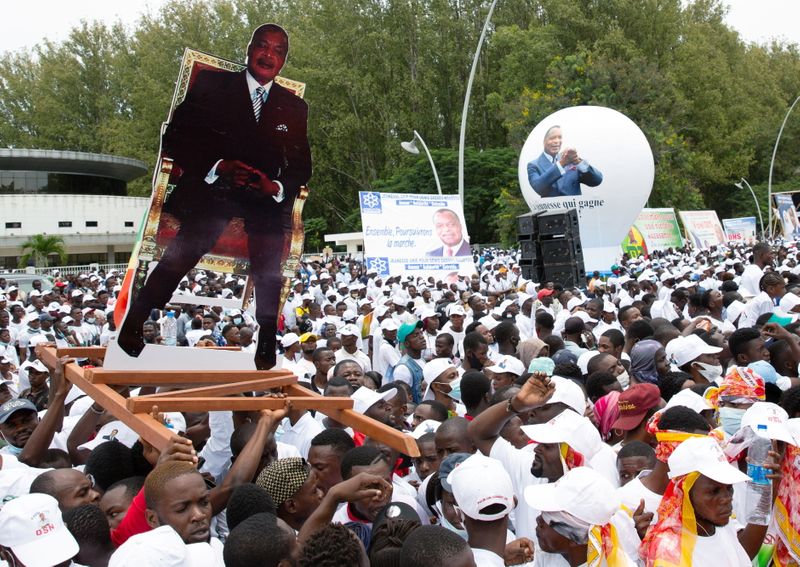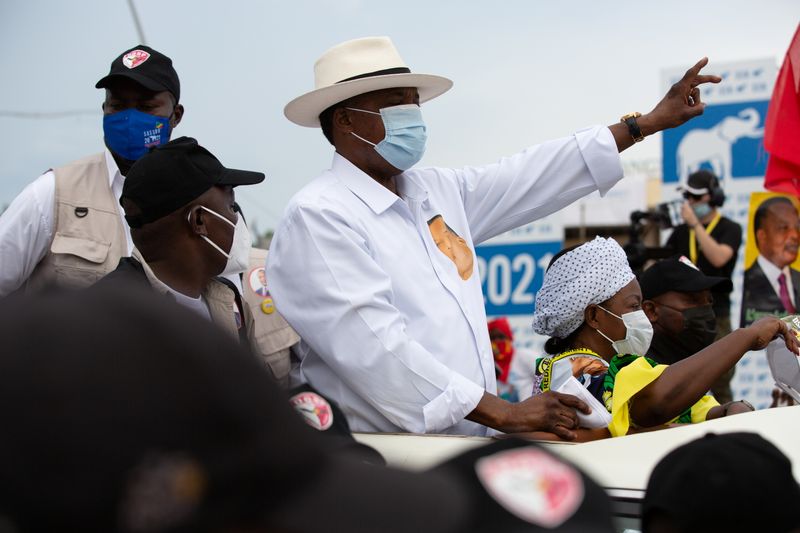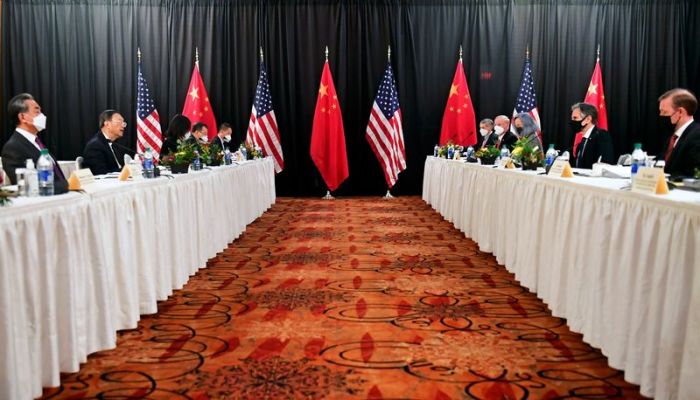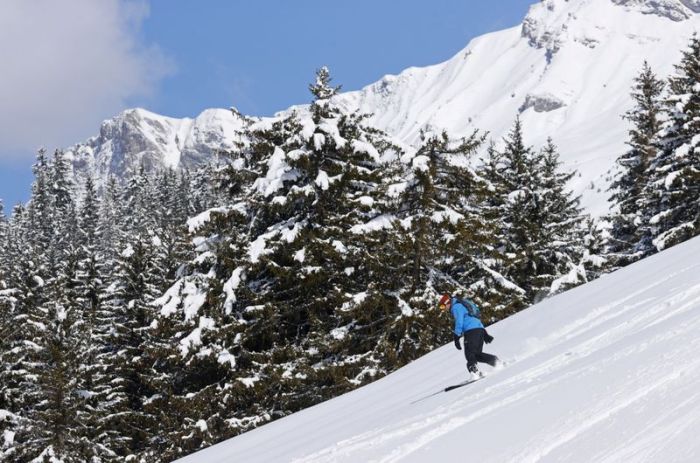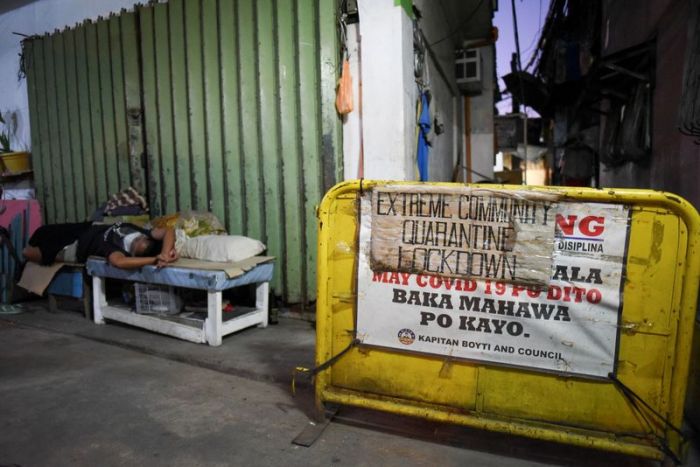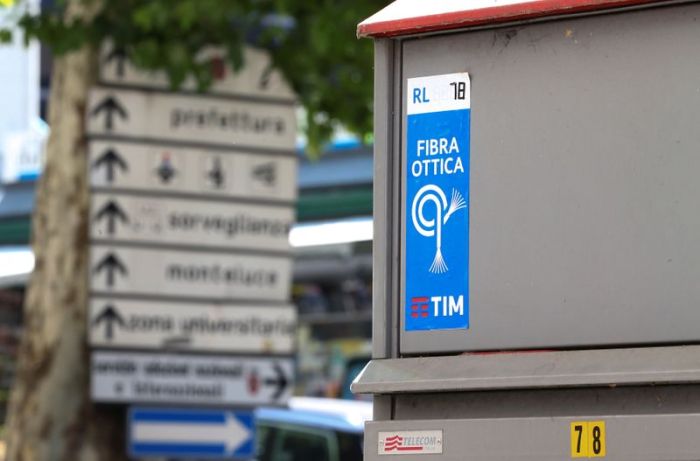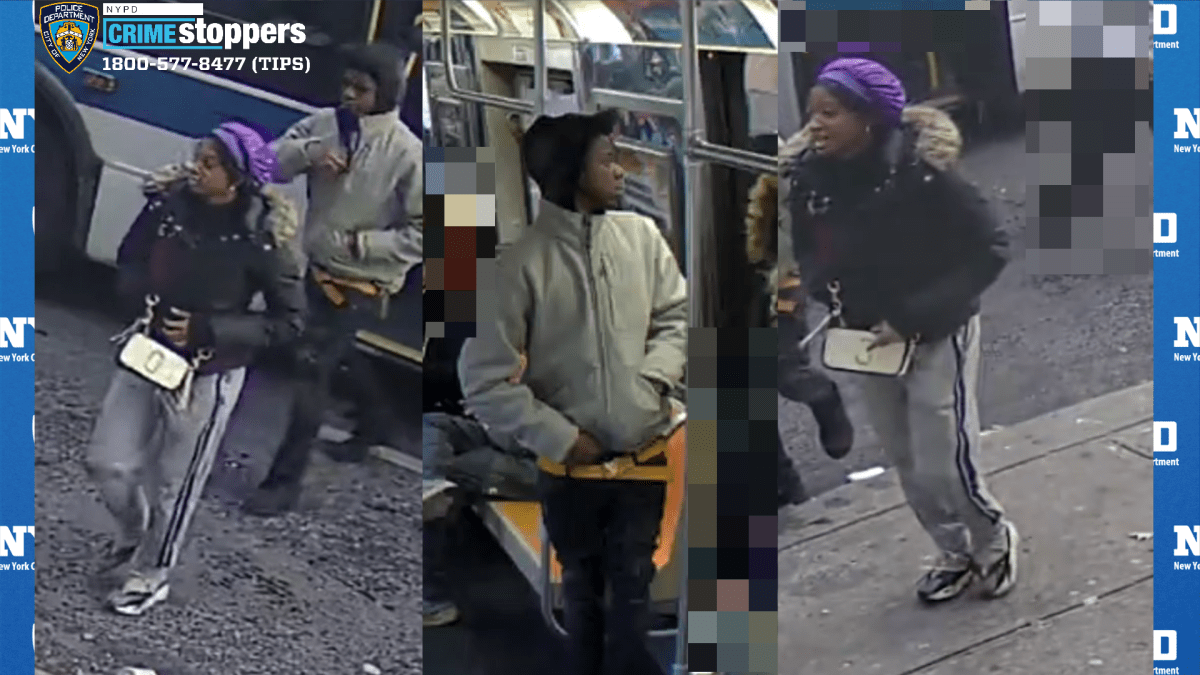BRAZZAVILLE (Reuters) – Congo Republic President Denis Sassou Nguesso looks set to prolong his decades-long rule in an election on Sunday in which he has pledged to revive the flagging economy.
Sassou, a 77-year old former paratrooper, rose to power in the oil-producing country on the western coast of central Africa in a military coup in 1979. He lost Congo’s first multi-party elections in 1992 but regained power in 1997 after a civil war and has now ruled for a combined total of almost 37 years.
Sassou will face six opposition candidates in an election whose run-up has been tightly controlled by his government and which has drawn criticism from the influential Catholic Church and rights activists.
Known as “emperor” by some of his African peers because of his longevity and role as a regional elder statesman, Sassou has said he will use all his experience to revive the debt-ridden economy if he wins another five years in power.
At a final rally in the capital Brazzaville on Friday, a life-size photo of Sassou on a throne was carried through the crowd like a sedan chair.
His supporters sang, danced and waved flags with his face on, but at one point his speech was interrupted by chants from the crowd of “curfew”, a demand to end an unpopular pandemic-linked curfew.
Gross domestic product (GDP) fell 8% last year due to the impact of COVID-19 and a collapse in world oil prices, and GDP is expected to grow by less than 1% this year in the country of 5.4 million.
Sassou’s main challenger is Guy-Brice Parfait Kolelas, a former government minister who was second in the last, disputed election in 2016 with 15% of votes. The candidates who came third and fifth were later arrested and convicted of illegally possessing weapons.
Kolelas promised to bring change and tackle endemic corruption, but political analysts say he stands little chance against Sassou whose loyalists control all big institutions.
“The opposition appears in an even weaker state than when it failed to unseat the president back in 2016,” said Maja Bovcon, senior Africa analyst at risk consultancy Verisk Maplecroft.
If no candidate wins more than 50% of the votes, the top two will face a run-off.
‘NO SUSPENSE’
The Catholic Church has raised concerns about the fairness of the vote after the interior ministry rejected its request to deploy over 1,000 election observers.
“The church has some reservations about the organisation of the election,” said Felicien Mavoungou, coordinator of the church’s Justice and Peace Commission. “We are surprised by the government’s refusal to grant us permission as observers.”
Retired engineer Stephane Ngampo is among voters who want change but doubt it will come.
“Even if he is given more years, the country will not come out of the water,” he said.
Ignongui Silla, wearing a matching dress and headscarf showing Sassou’s face, said she was voting for the president.
“It’s better to choose old shoes that you’re comfortable in. When you wear new ones they hurt and you can’t go far,” she said.
Unlike in 2016, when there was unrest after Sassou was declared the winner, little violence is expected this time, partly because the government signed a peace accord with an anti-Sassou rebel group in 2017.
The economic crisis, which began with a 2014 slump in oil prices, and the government’s mountain of debt, much of it owed to oil traders such as Glencore and Trafigura pose big challenges.
Drawn-out negotiations over restructuring those debts has delayed implementation of a bailout from the International Monetary Fund (IMF) agreed in 2019.
The IMF said in February that Congo’s debt remained unsustainable, although it was expected to fall below 100% of GDP this year.
(Writing by by Bate Felix; Editing by Aaron Ross and Frances Kerry)

